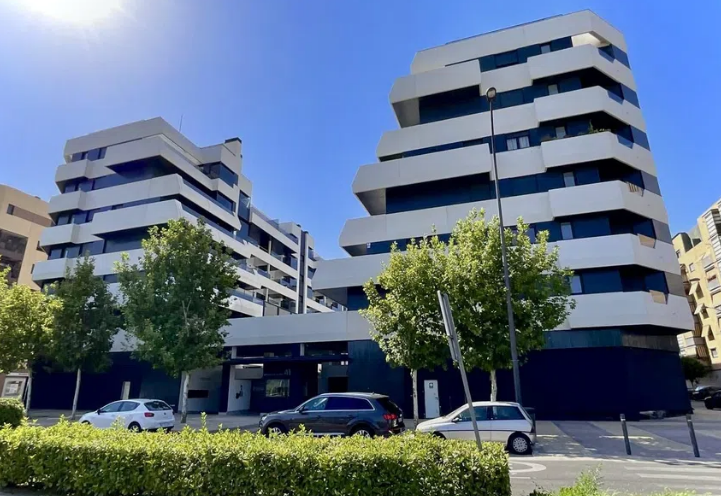
House prices are expected to rise further in 2025, a trend predicted by real estate experts and anticipated by the general public.
According to the latest survey conducted by ING Consumer Research, over 70% of Spaniards expect house prices to increase over the next 12 months. Of these, 52% foresee moderate increases, while one in five expects more significant rises.
The study, which focused on the Spanish housing market, also found that 78% of respondents believe it will be more difficult for young people to become homeowners over the next three years. ING noted that this "highlights the challenges of purchasing a home, particularly for younger generations".
While 48% of Spanish homeowners allocate up to a third of their income to mortgage payments, a third of renters spend between 33% and 50% of their income on rent, exceeding the limit recommended by experts. Additionally, almost half of those surveyed (49%) rent because they cannot afford to buy a home.
Regarding purchasing criteria, the report highlighted that location remains a top priority, with 59% of Spaniards emphasising the importance of being close to essential services such as schools, medical centres and shops. Other significant factors include neighbourhood safety (51%) and access to public transport (48%).
The survey also noted that the real estate market in Spain and Europe is increasingly focused on improving the energy efficiency of homes. In addition to the ongoing "challenge" of finding affordable housing, there is a growing "need" to adopt sustainable solutions that enhance quality of life and reduce long-term energy and utility costs.
The report highlighted that 73% of homeowners have carried out improvement measures in their homes over the past three years, primarily driven by the desire for cost savings.
At a European level, the commitment is also notable, with an average of 63% of owners implementing similar energy-efficient upgrades.
For rental properties, however, the situation is different: 63% of tenants report that their landlords have not taken any steps to improve the energy efficiency.
However, ING’s survey highlighted that "the high cost of renovations and the lack of government support" are significant barriers for those who have not yet taken steps to improve the energy efficiency of their homes. Specifically, 32% of Spaniards identified these factors as the main obstacles, while 19% admitted that they do not know which measures to implement.
Additionally, 47% of respondents believe that the government should redirect its budgets to prioritise incentives for improving energy efficiency in homes.
